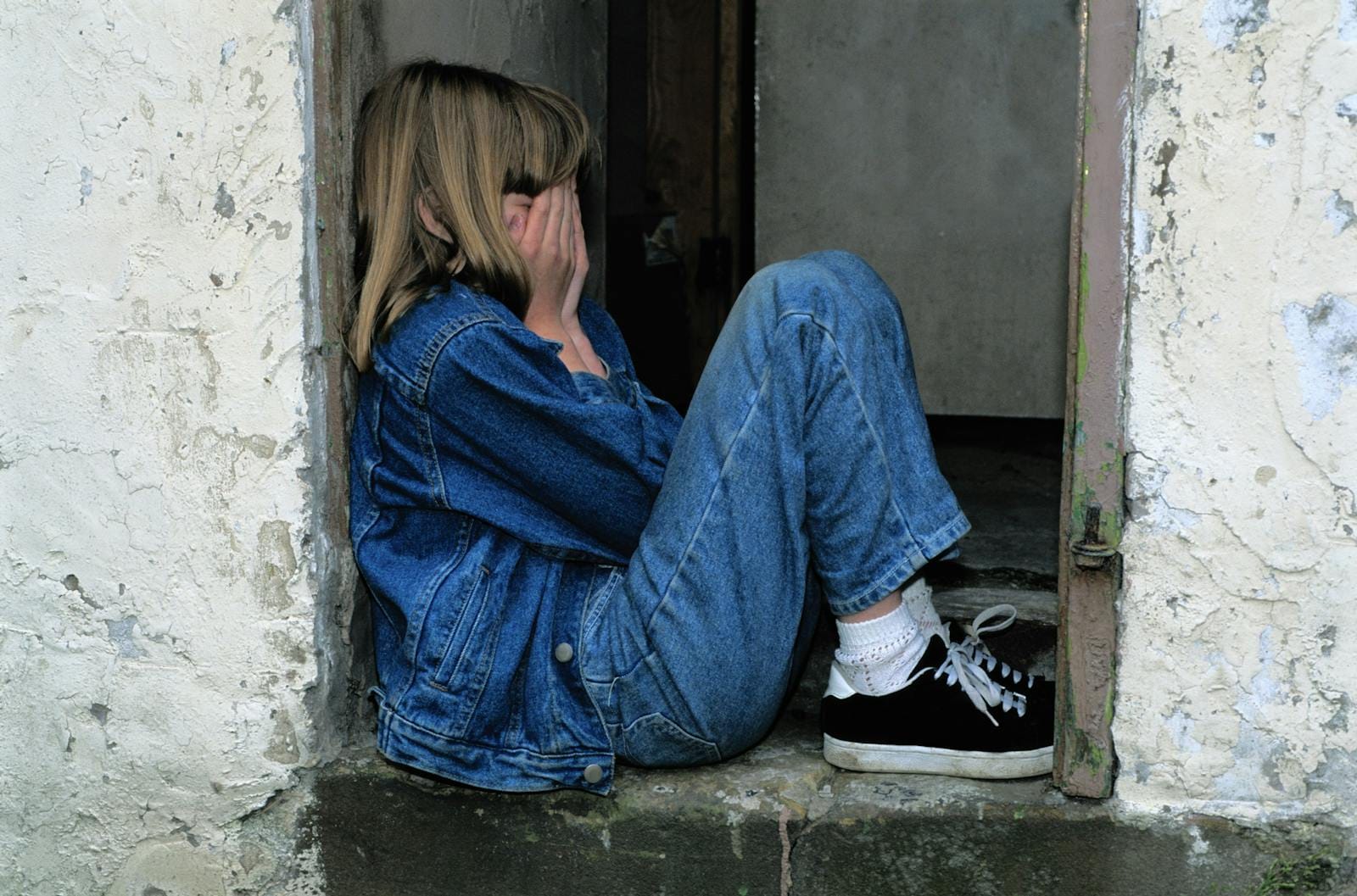The Question of Why
Explore why asking "why" questions often fails with children and discover empathetic, connection-focused strategies to better understand their behaviour.
Something that I hear fairly frequently from parents is their frustration at when they ask their child “why” they did this or that, their child is unable to answer them. Or, that every time they ask them “why” they get a different answer.
Parents, of course, are really trying to understand what is motivating their child’s behaviour particularly when the behaviour is undesirable. We’re driven by the belief that if the child will just tell us what is going on, we can get to the bottom of it and deal with it.
Sadly, it’s not that simple.
Violet Oaklander, the ‘mother’ of Gestalt Play Therapy writes about children who lie and the reasons they might do so. One reason is that when a child is asked a “why” question by a grown up, they feel they need to have a plausible reason and so they may need to make it up in order to placate the grown up.
There is a risk when you ask your child “why” that you’re setting them up to lie to you, not because they’re dishonest, but because they know they are expected to have an answer, even if it is not an authentic one.

But the truth is, do we always have good reasons for doing what we do? If we’re in an emotional state, we do things without thinking and may not be able to offer reasonable explanations for our actions afterwards. If this is true of adults with a fully developed pre-frontal cortex*, then how much more so for children who don’t yet have a fully developed brain.
What is the motivation behind a “why” question? Maybe we want a neat and understandable answer, we want reasons for what is happening and we want to be able to “fix it”.
But what if we assume that children are simply not able to give answers to “why” questions in terms of their behaviour.
What if we could explore in a different way, not through asking questions, but through connecting.
If your child is having a hard time, whether you know what it is or not, they are most likely in a heightened emotional state and possibly feeling disconnected from themselves and you. Not many children are capable of articulating in words what is happening in their inner world – hence the power of play therapy to play about their feelings and experiences rather than having to directly talk about them.

Here are some things you could try instead of asking “WHY”!
Take a breath.
Stop and notice how you are being triggered in the moment; what is the behaviour your child is displaying bringing up in you? What feelings or thoughts are being evoked? It might be making you grumpy, angry, sad, or worried. How is it feeling in your body? Quickening heartbeat, red in the face, heavy-hearted. All of these and more are legitimate responses. It’s tough (frustrating/confusing/worrying… take your pick) to see your child have a hard time and not know what the real issue is or how to help.
Connect with your child.
Start by simply spending some alone time with them, even if it’s 15 minutes a day. Play a game or go for a walk. This will set you up to be able to start a conversation.
Be curious.
You could use the phrase “I’ve noticed that…” and name a specific behaviour they have been doing. The tone of voice you use is important, tap into compassion and patience. “I think you’re having a hard time because I see that you’re…” and name a specific behaviour that you’ve noticed.
Use empathy.
“Everyone has a hard time sometimes. I am wondering how I can help you?” Name the difficult emotions in your child when you see them “You look a bit upset right now, are you upset or is there another feeling you’re feeling?” or “You look really angry. Can I help you?”
Give it time.
This is important; make space for responses, don’t expect instantaneous replies. If you rush, your child may assume you’re not being genuine in your attempt to connect and this may make them feel less safe and shut down. Some conversations may bear absolutely no fruit in terms of understanding what is happening for your child, even if you take your time, use empathy and make a safe space. Are you willing to simply enjoy being with your child, to love them in the place they’re at in spite of their behaviour?
This is called unconditional love, and we need to keep remembering that this is our primary job as parents.
[Image Placeholder: 19779559.jpg]
A “why” question is not going to give you a deep or even good understanding of what your child is going through – it may give you a surface answer at best if they’re able to formulate a response. But, connecting with your child through spending time, and using empathy and compassion will give you a better relationship and deeper insight into what they’re going through and where their behaviour is coming from.
Give it a go and let me know what happens! I would love your feedback!
*The pre-frontal cortex is the last part of our brain to be developed and is said to be fully formed by the age of 25 years old. The pre-frontal cortex is responsible for logic and reasoning, planning, problem-solving, memory, focus and attention and impulse control.